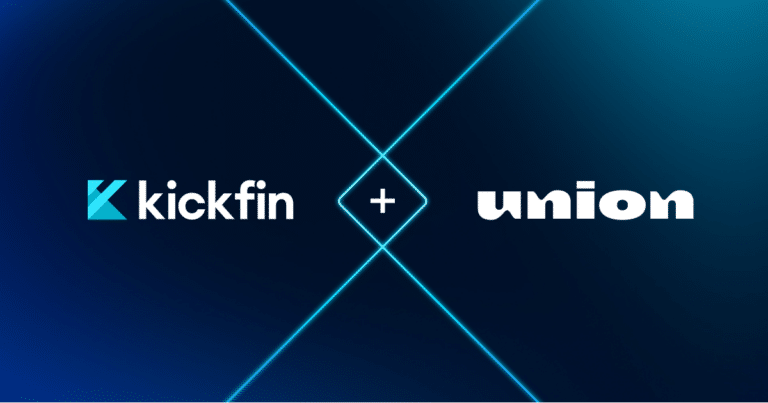Tipping out on payroll can seem like a winning solution for employers: namely, you don’t have to deal with the headache, liability, and health hazards of cash, and it solves the problem of ever-increasing credit card transactions.
But for employees, payroll tip-outs have some major downsides — most notably the time lag before funds are available.
In normal times, asking hospitality employees to wait weeks for their earnings ultimately puts restaurateurs at a disadvantage. Until recently, workers in a competitive labor market were increasingly opting for positions with employers or gig platforms that pay out daily.
Of course, the pandemic has turned the labor market on its head — at least for a little while. But that doesn’t change the problem that payroll tip-outs present to workers; in fact, the current environment makes it even worse. Now more than ever, hospitality workers need and deserve every ounce of financial security they can get.
Let’s take a closer look at the situation, the real impact and some alternatives you have today.
THE SITUATION
There’s no doubt about it: tipping on payroll can make the flow of business simpler for restaurant owners and operators.
- Speed – Process automation can make it a fast option for management when they’re pressed for time. (Which, we know, is all the time.)
- Visibility – Being able to see the whole process can help avoid overpayment of supplementary wages (covering minimum wage and/or healthcare coverage). It also eliminates the human error that is so common with cash tip-outs.
- Ease – Having all taxable income in a single location can make it easier to calculate and take the Tip Credit, as well as comply with tax withholding, reporting and payment requirements.
Tips on payroll can feel like they’re working for your employees simply because they aren’t complaining. But especially now — when hospitality workers know their jobs are on the line — your people may be less likely to speak up, however financially strained they may be.
THE IMPACT
Tipping through payroll puts direct and indirect stress on your people — which, in turn, puts direct and indirect stress on your team culture and the dynamics within business.
3 types of stress your people may be experiencing:
- Financial Stress – Daily tips are key part of the reason employees are in hospitality. Biweekly electronic payments create a time lag, which can cause major cash flow problems.
- Manager/Employee Stress – When restaurants tip out on payroll, visibility and transparency suffer. Often, employees begin to question if tip calculations are done correct when they’re not done daily, which puts managers in the hot seat and can ultimately erode trust.
- Environmental Stress — A work environment that with culture issues puts a strain on productivity, regardless of whether the stress is due to reasons professional or personal – and that’s assuming they stay with you. After all, 42% of employees have left a job simply due to the stressful work environment.
Any one of these could be the reason that your talented staff choose to leave for another opportunity, and turnover costs are significant.
AVAILABLE ALTERNATIVES
Employers have a variety of real-time options to help avoid the downsides of tipping through payroll.
- Cash – It’s easy for employees to understand the value of their tips when they are paid in cash, but there are a variety of hidden costs ranging from external fees to increased risk of employee theft.
- Paycards – Cashless options always mean a safer environment for staff, but paycards involve long transfer times and are not accepted by all businesses.
- Virtual Tech Solutions – Options like Kickfin can transfer tips directly into your employees’ bank accounts, instantly. That means it’s available for use right away. This combines the immediacy benefit of cash, the security benefit of paycards, and the hassle-free benefits of payroll, while eliminating all of the cons.
Tipping on payroll impacts your business in both visible and less visible ways. Explore all your options, so you don’t lose out on talent for reasons completely in your control.





